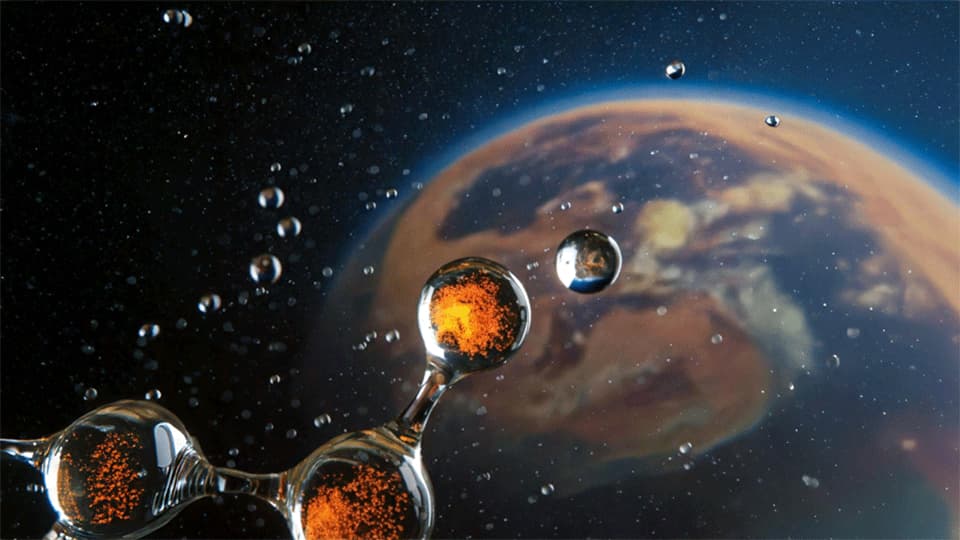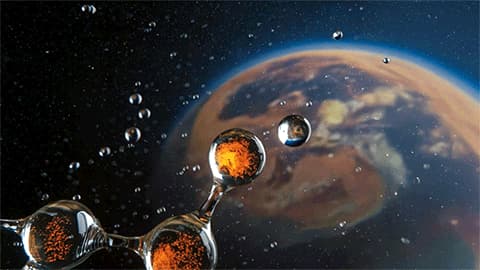The project, which will receive funding of £407,805 from the UKRI Science and Technology Facilities Council (STFC) for two years (2025-2027), is focused on exploring the key mechanisms of the temperature-sensitivity of alkaline water electrolyser catalysts together with the University of the Witwatersrand, Johannesburg (South Africa) and The Technical University of Kenya. The anticipated outcomes will provide a clue to a fast ramp-up of alkaline water electrolysis at elevated temperatures.
The cold-start nature of alkaline electrolysis requires a ramp-up time of approximately one hour, making integrating with renewable energy sources challenging. Dr Dowon Bae’s CREST EECS Lab team will lead a consortium to discover non-noble catalyst combinations that exhibit high-temperature sensitivity, which can lead to highly efficient water oxidation and hydrogen production in the elevated temperature conditions, which is relevant to the actual operating environment of many South African countries.
UKRI/STFC supports the project under The Africa UK Physics Partnership (AUPP) Programme. More details can be found at Wolfson School’s research and innovation page.


